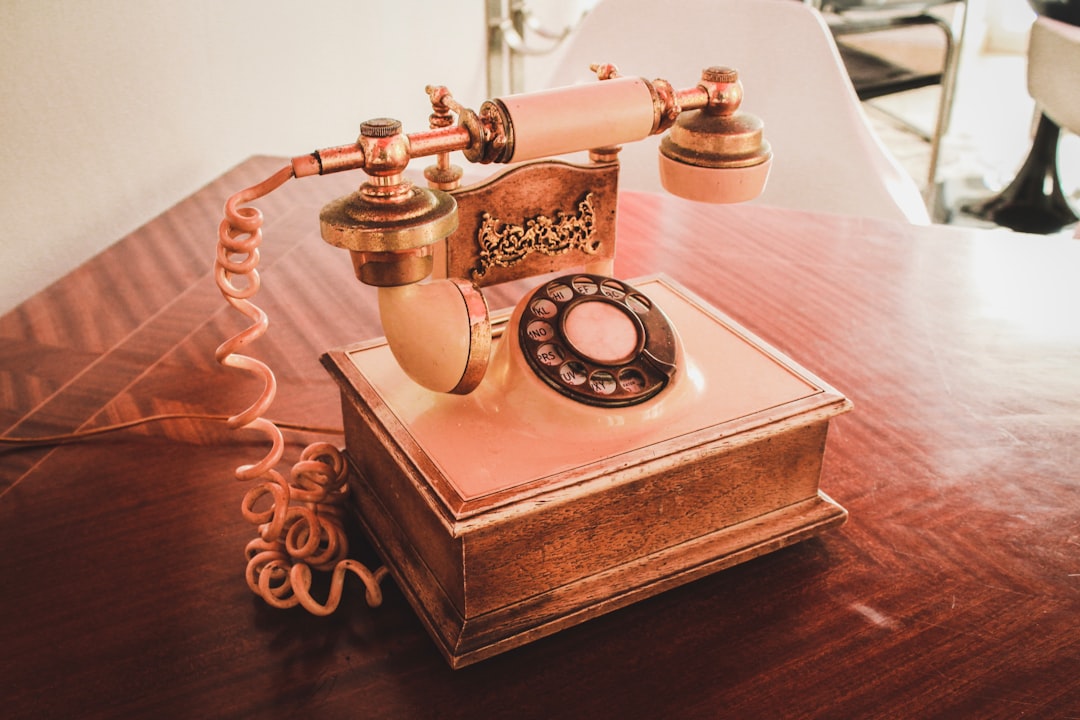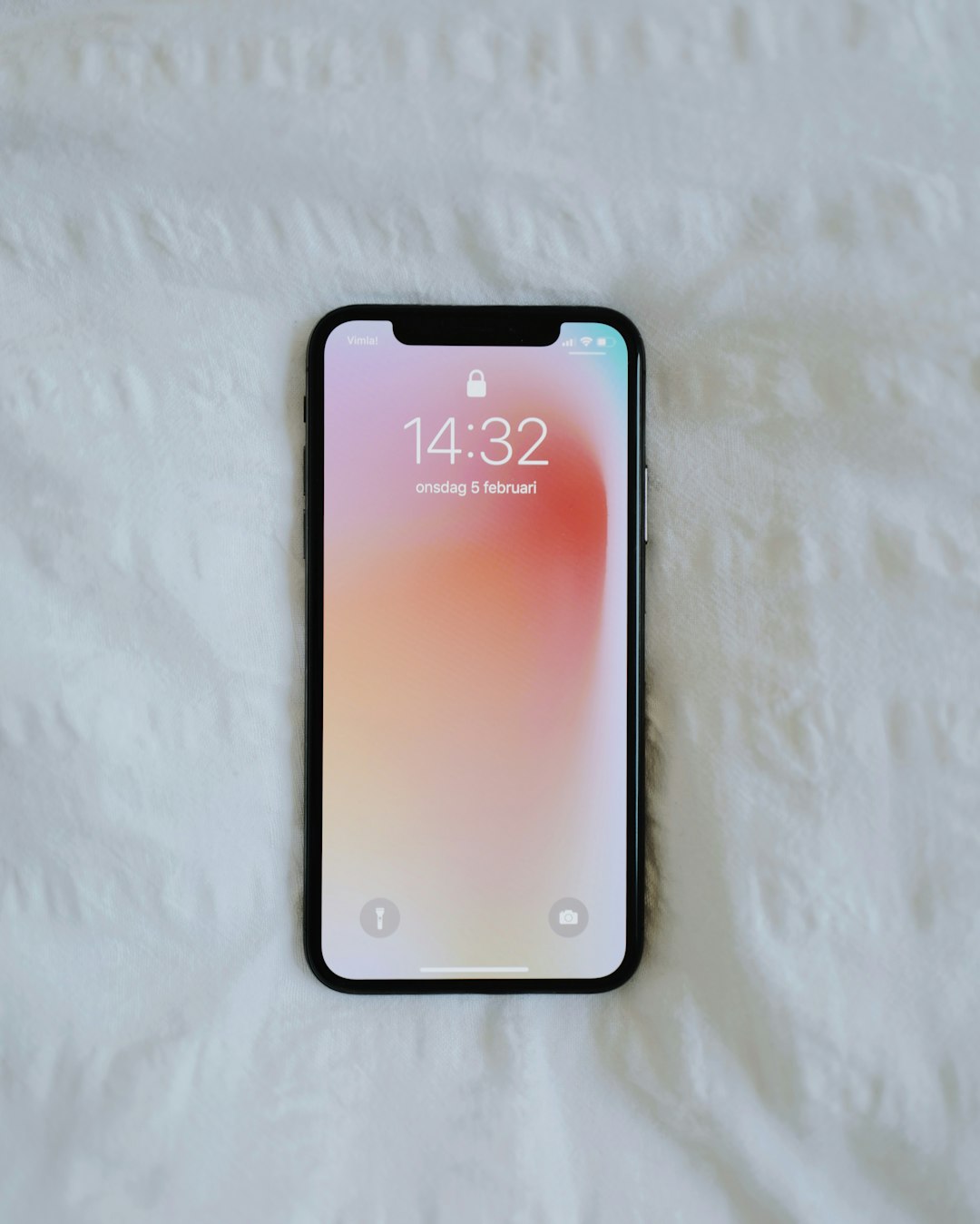Myrtle Beach residents are fighting back against a surge of unwanted phone calls, including telemarketing and robocalls, by adopting "Do Not Call" apps. These apps, combined with stringent South Carolina laws, empower locals to protect their privacy. Do Not Call Lawyers South Carolina play a crucial role in upholding these regulations, providing legal assistance to residents facing persistent spam calls. With advanced technologies like CallHide, TrueCall, and NoMoreSpam, users can block known telemarketers, log call history, and enjoy enhanced control over their communication, ensuring a quieter digital space.
Myrtle Beach residents are taking control of their phone lines by using apps designed to block unwanted calls. With a surge in telemarketing and robocalls, the coastal city has seen a corresponding rise in demand for Do Not Call app technology. This article explores how Myrtle Beach residents are harnessing app solutions, from popular platform choices to legal protections offered by Do Not Call lawyers in South Carolina, ensuring peace of mind during an era of relentless digital communication.
Understanding the Problem: Unwanted Calls in Myrtle Beach
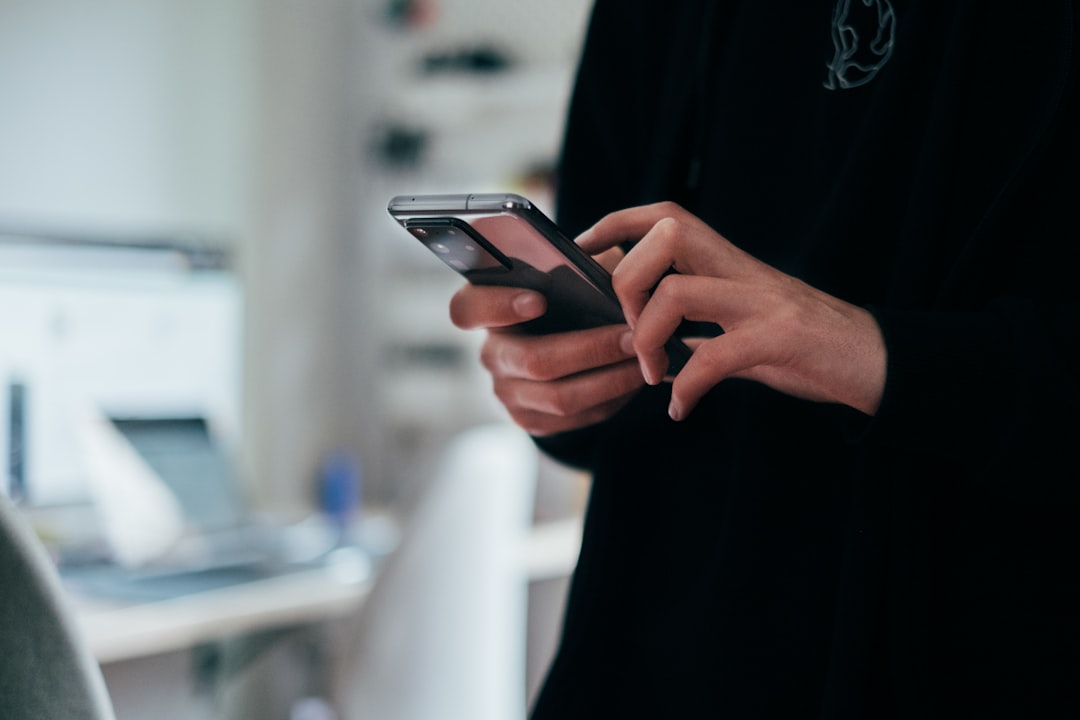
In the vibrant coastal city of Myrtle Beach, residents are increasingly facing a nuisance that has become all too common: unwanted phone calls. This phenomenon is not unique to South Carolina, but the influx of visitors and the bustling nature of the town amplify the issue. Many locals find themselves on the receiving end of telemarketing calls, scam attempts, and robocalls, leading to frustration and a desire for effective solutions.
The problem extends beyond mere annoyance; these unwanted calls can be invasive and potentially dangerous. Do Not Call Lawyers South Carolina have noted a rise in complaints from Myrtle Beach residents, prompting them to seek legal remedies and advocacy. With the ease of automated dialing systems, blocking these calls has become more complex, making it crucial for residents to explore modern solutions, such as utilizing specialized apps designed to combat this growing problem.
The Rise of Do Not Call Apps in South Carolina
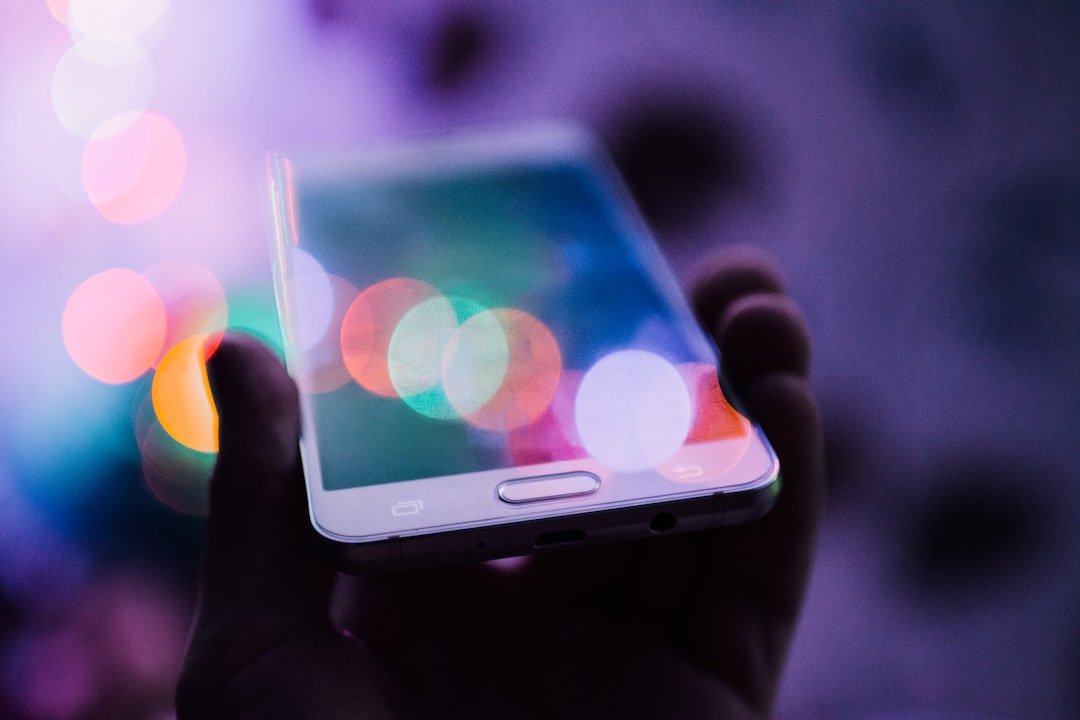
In recent years, there’s been a notable surge in the adoption of “Do Not Call” apps among Myrtle Beach residents. This shift is driven by the increasing number of unwanted and fraudulent calls, which have become a prevalent nuisance. South Carolina, like many other states, has strict laws in place to protect citizens from such telemarketing tactics, and Do Not Call lawyers play a crucial role in ensuring these regulations are enforced.
Apps designed to block unwanted calls have gained popularity due to their ease of use and effectiveness. Myrtle Beach residents can now easily register their phone numbers on these apps, which then filter out incoming calls from known telemarketers and scammers. This innovative solution has empowered locals to take control of their communication, offering a sense of peace and security in an era where privacy is a growing concern.
How Myrtle Beach Residents Are Utilizing App Technology
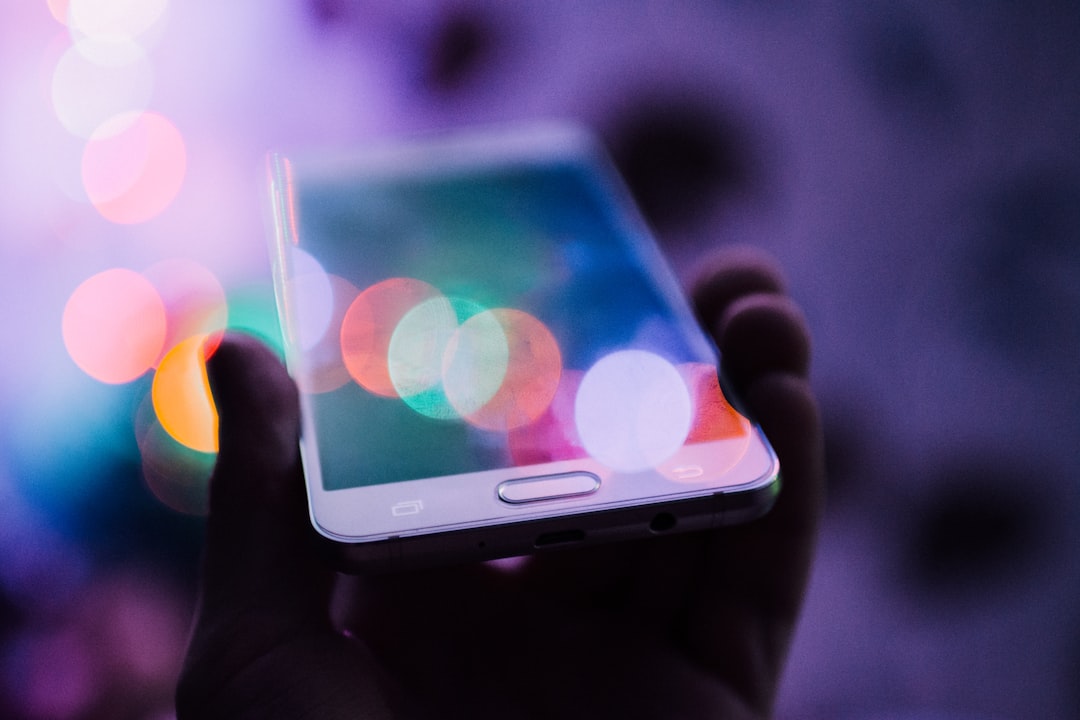
Myrtle Beach residents, like many across the country, are turning to app technology to combat unwanted calls from telemarketers and scammers. With a variety of user-friendly apps available, such as those offered by Do Not Call Lawyers South Carolina, individuals can easily register their phone numbers for protection against unsolicited calls. These innovative solutions provide a modern approach to an age-old problem, giving residents back control over their communication.
By downloading and utilizing these apps, Myrtle Beach citizens are actively embracing digital tools to enhance their privacy and reduce the frustration associated with unwanted phone marketing. This trend reflects a broader shift in consumer behavior as people seek more effective ways to protect themselves from intrusive calls.
Popular Do Not Call Apps for Android and iOS Users
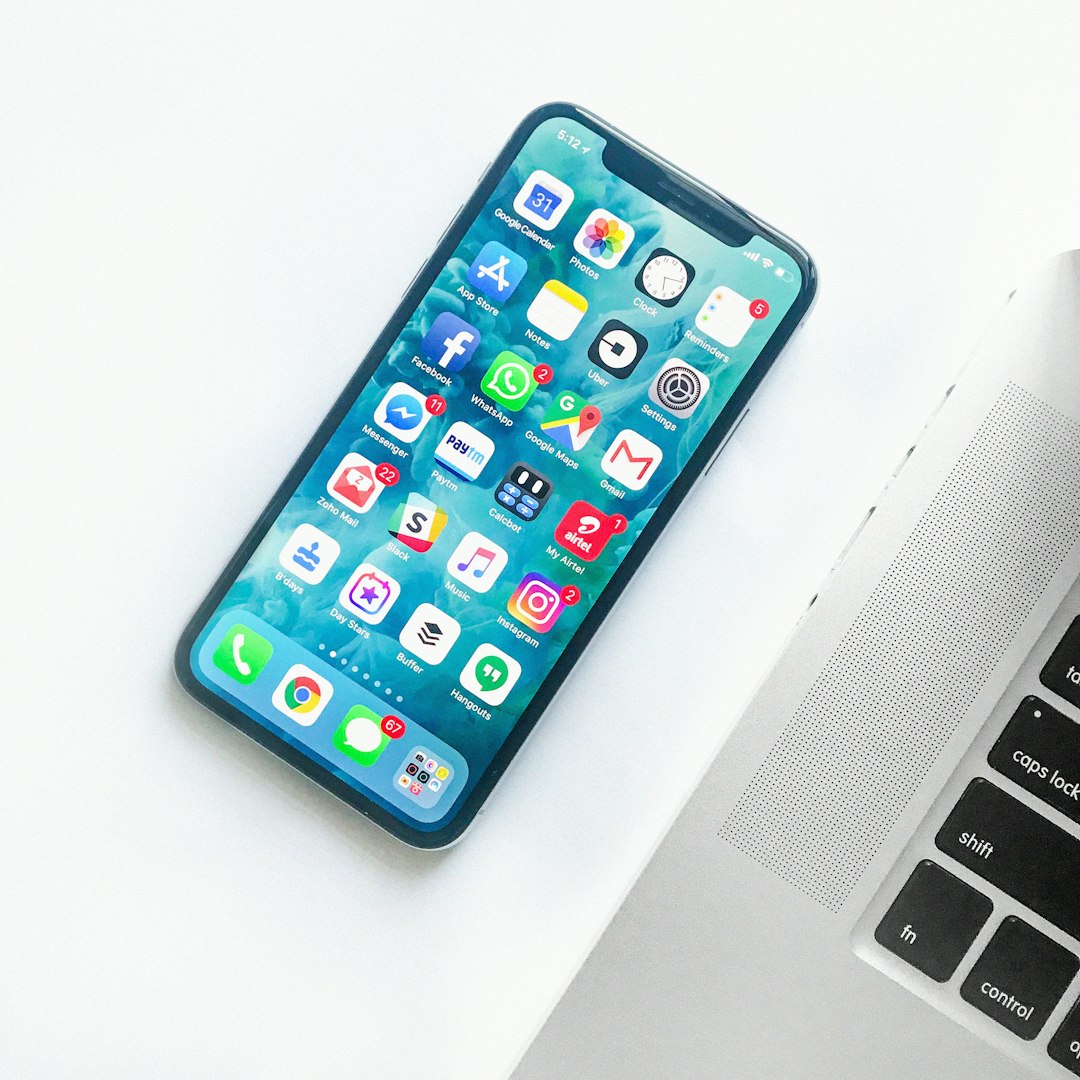
In today’s digital age, unwanted calls can be a persistent nuisance, but Myrtle Beach residents now have powerful tools at their fingertips to combat this issue. Android and iOS users alike can turn to various “Do Not Call” apps designed to offer much-needed relief from intrusive phone spam. These applications provide users with the ability to block calls from known telemarketers and even specific numbers that may be on their personal blocklists.
Some of the popular options for both platforms include CallHide, TrueCall, and NoMoreSpam. These apps utilize advanced technologies to identify and filter out unwanted calls, ensuring residents can enjoy a quieter, more peaceful experience. Moreover, many of these applications offer additional features such as call history logs, automated blocking, and even reverse lookup capabilities, empowering users with greater control over their communication preferences. For those seeking legal recourse against persistent telemarketers, Do Not Call Lawyers South Carolina can provide guidance and support in navigating the relevant regulations to protect residents’ privacy rights.
Legal Perspective: Protecting Residents with Do Not Call Lawyers
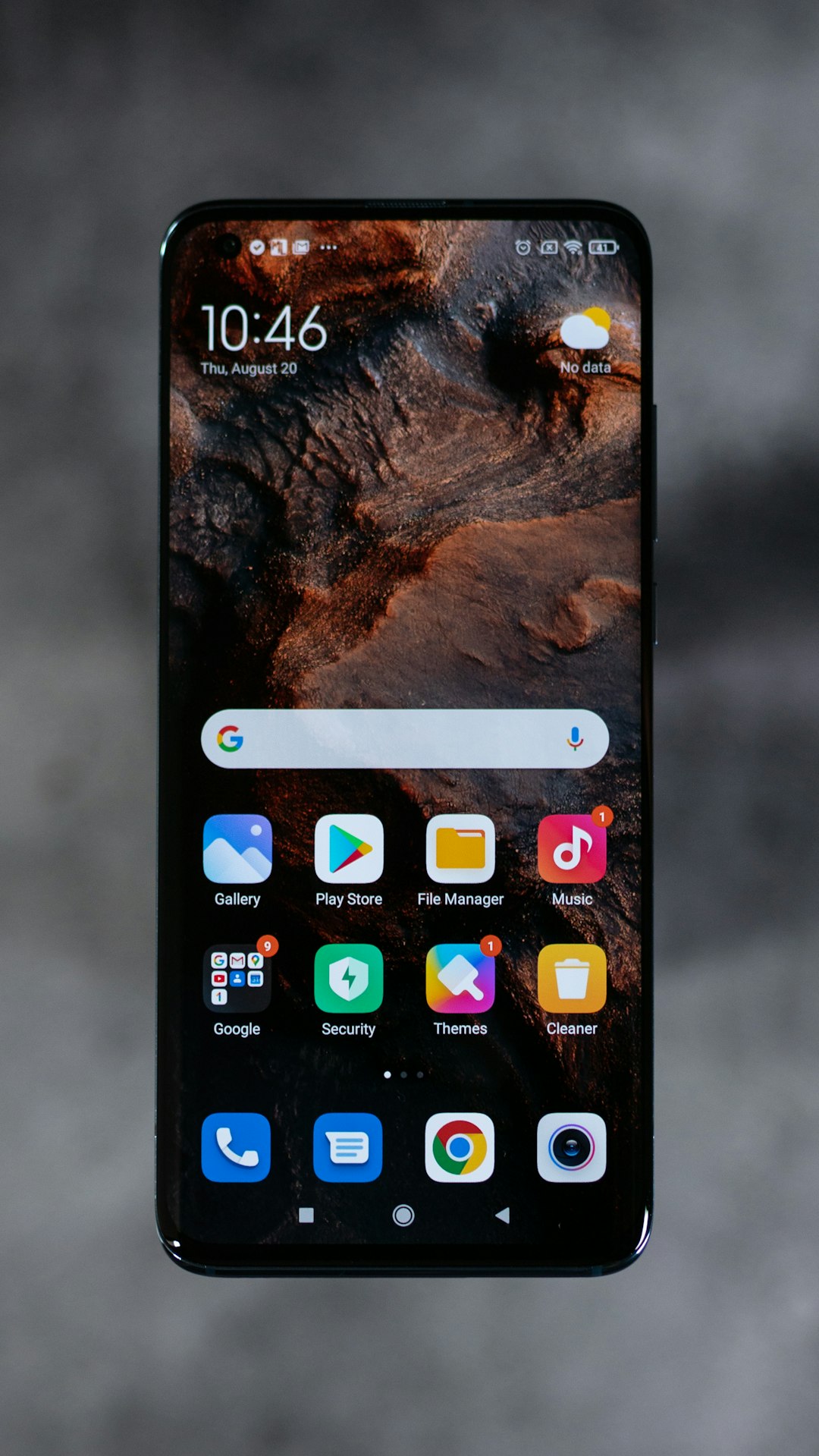
Myrtle Beach residents now have a powerful tool in their fight against unwanted phone calls, thanks to the availability of specialized apps and legal protections. While many areas struggle with persistent spam calls, South Carolina has taken significant steps to safeguard its citizens through the implementation of strict regulations and the presence of Do Not Call lawyers. These legal experts play a crucial role in ensuring that residents’ privacy is respected and their rights are upheld.
Do Not Call lawyers in South Carolina assist locals in registering their phone numbers on state-wide do-not-call lists, blocking unwanted marketing calls from telemarketers and fraudsters. They also offer guidance on navigating the legal framework surrounding call tracking technologies and robocalls, which have become increasingly sophisticated. By combining technological advancements with robust legal protections, Myrtle Beach residents can enjoy greater peace of mind, knowing they have a reliable system in place to defend against intrusive phone calls.


